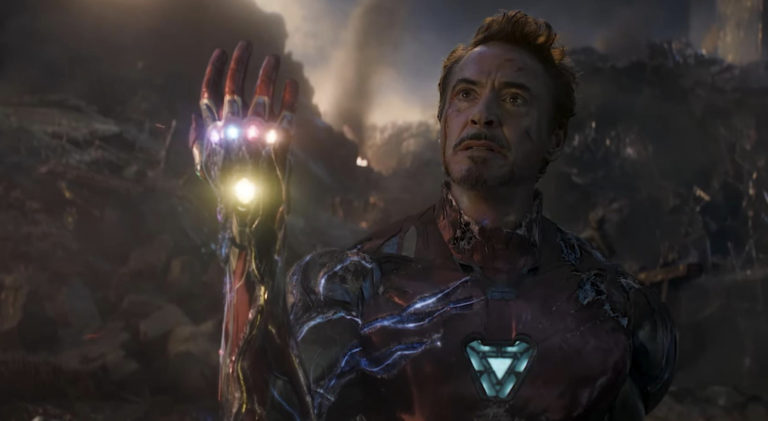
The death of the Tony Stark/Iron Man character in Avengers: Endgame could have been prevented if the Marvel folks had listened to pleas from director Jon Favreau. At least that’s the opinion of filmmakers Joe and Anthony Russo as quoted in a recent Vanity Fair interview.
Favreau, who initiated the Marvel Cinematic Universe with Iron Man and Iron Man 2, pleaded with MCU not to let the Russos kill off the iconic character in the Avengers: Endgame sequel. As Anthony Russo said, “Part of the pressure [not to kill off the character] came from Jon Favreau, who called us up after he read the script … and said to us, ‘Are you really going to kill Iron Man?’”
Anthony’s assessment was corroborated by brother Joe, who added: “He did. Yeah. And I remember pacing on the corner of a stage on the phone with Favreau trying to talk him off a ledge. Because he’s like, ‘You can’t do this. It’s gonna devastate people, and you don’t want them, you know, walking out of the theater and into traffic.’ We did it anyways.”
The ultimate decision to erase Tony Stark from the universe was also defended by Avengers: Endgame scriptwriters Christopher Markus and Stephen McFeely. In an interview with The New York Times, McFeely was quoted as saying: “Everyone knew this was going to be the end of Tony Stark.” The two writers explained that the controversial decision was, however, in keeping with the logic of the narrative.
“We had the opportunity to give him the perfect retirement life, within the movie,” Markus told The Times. “That’s the life he’s been striving for. Are he and Pepper going to get together?
Yes. They got married, they had a kid, it was great. It’s a good death. It doesn’t feel like a tragedy. It feels like a heroic, finished life.
”
Still, the death of Tony Stark in the Avengers saga was a traumatic moment for MCU fans, attesting to the charismatic power that the character had created around himself since his debut. As Joe Russo put it in his Vanity Fair interview, Tony Stark ultimately “earned the arc that would feel redemptive and emotional and uplifting and hopeful, even though he had sacrificed his life.”

